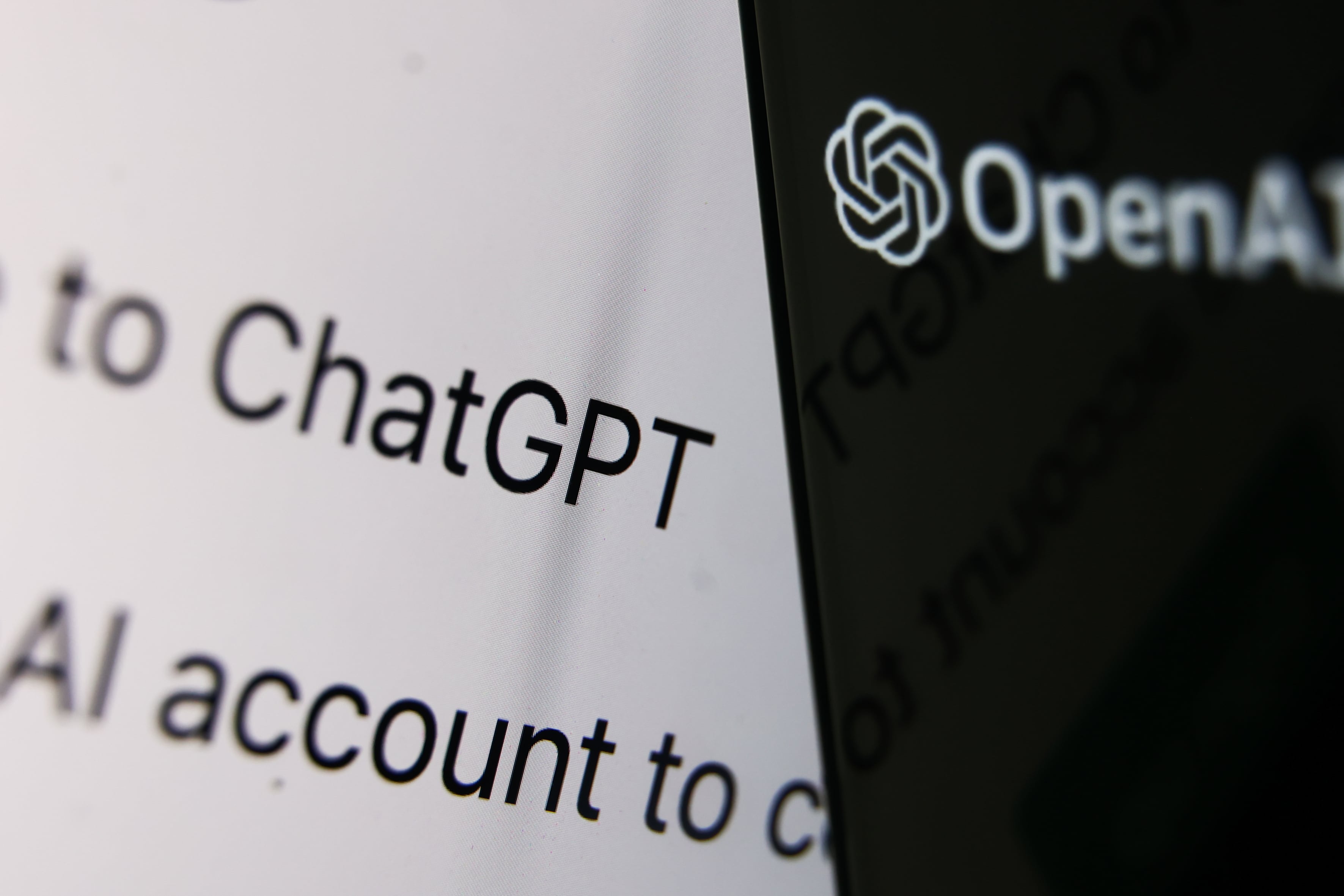New York City students and teachers can no longer access ChatGPT — the new artificial intelligence-powered chatbot that generates stunningly cogent and lifelike writing — on education department devices or internet networks, agency officials confirmed Tuesday.
The education department blocked access to the program, citing “negative impacts on student learning, and concerns regarding the safety and accuracy of content,” a spokesperson said. The move from the nation’s largest school system could have ripple effects as districts and schools across the country grapple with how to respond to the arrival of the dynamic new technology.
The chatbot’s ability to churn out pitch perfect essay responses to prompts spanning a wide range of subjects has sparked fears among some schools and educators that their writing assignments could soon become obsolete — and that the program could encourage cheating and plagiarism.
“Due to concerns about negative impacts on student learning, and concerns regarding the safety and accuracy of content, access to ChatGPT is restricted on New York City Public Schools’ networks and devices,” said education department spokesperson Jenna Lyle. “While the tool may be able to provide quick and easy answers to questions, it does not build critical-thinking and problem-solving skills, which are essential for academic and lifelong success.”
Individual schools can still request access to the site if they’re planning to study the technology behind the chatbot, a department spokesperson said.
Related: New York City schools blocked ChatGPT. Here’s what other large districts are doing
The program, created by the organization OpenAI, uses machine learning to come up with its own custom-made responses to specific prompts. It can pull and compile historical facts, write in specific styles, and make convincing logical arguments — all with nearly perfect grammar (unless a user gives a prompt to add grammatical errors).
That’s posing some thorny questions for educators who rely on independent writing assignments to build and assess students’ understanding and critical thinking skills.
One high school English teacher argued in The Atlantic that the chatbot spells the “end of high school English.”
The program still has limitations, sometimes coming up with inaccurate conclusions or even including offensive language.
It’s unclear if or how many other districts are banning the program. Several other large school districts did not immediately respond to Chalkbeat’s inquiries about how they’re handling ChatGPT. But the decision from the nation’s largest school system could well influence how other districts act.
The education department’s ban will only cut off access to the chatbot in some settings. Students can still get on the site on non-education department devices or internet networks.
Adam Stevens, a longtime New York City history teacher who started his career at Paul Robeson High School in Brooklyn and now teaches at Brooklyn Tech, believes that blocking the program is counterproductive. He compared the fears now swirling around ChatGPT to those that emerged around Google.
“People said the same thing about Google 15 or 20 years ago when students could ‘find answers online,’” he said.
The program could even prove useful in some cases, Stevens added, generating a “baseline” response to an essay prompt that the class could analyze together and figure out how to improve upon.
Stevens argued that the best way to discourage students from using ChatGPT and building up their critical writing skills is by “assigning them work that is inviting them to explore things worth knowing,” and moving away from teaching formulaic writing based on strict rubrics.
“We’ve trained a whole generation of kids to pursue rubric points and not knowledge,” he added, “and of course, if what matters is the point at the end of the semester, then ChatGPT is a threat.”
Michael Elsen-Rooney is a reporter for Chalkbeat New York, covering NYC public schools. Contact Michael at melsen-rooney@chalkbeat.org.







